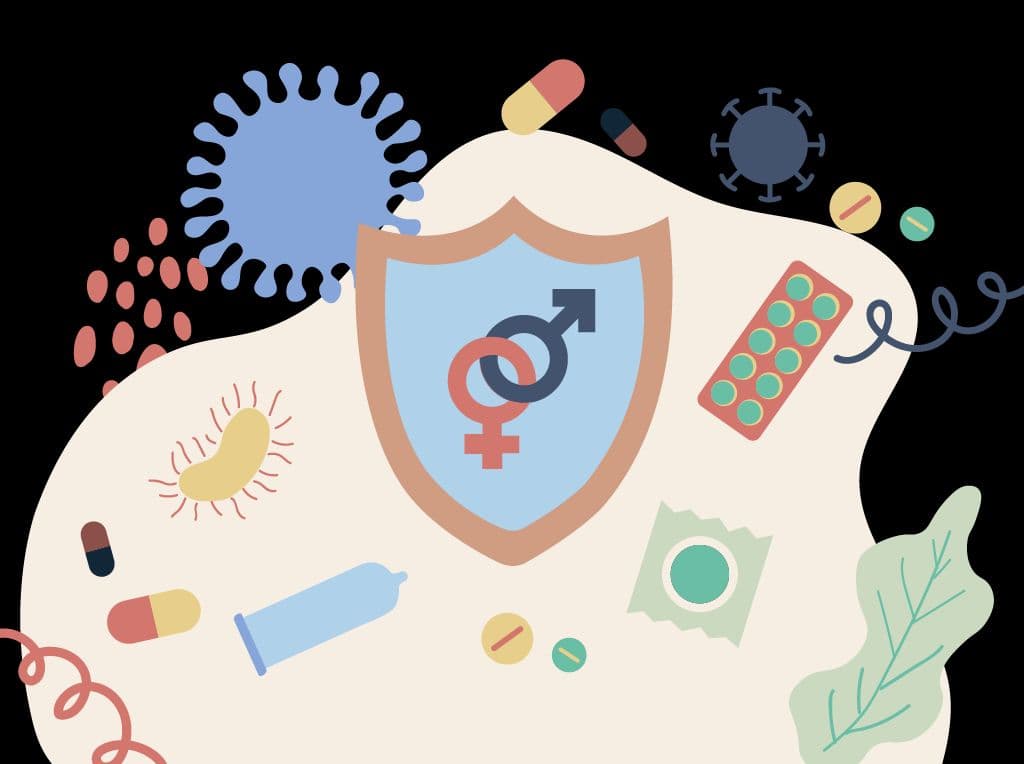The decriminalization of abortion almost five decades ago in the country was an important landmark in the women’s reproductive rights movement in the country. The Medical Termination of Pregnancy (MTP) Act, 1971 was rather progressive, making India one of only 15 countries where abortion was legal at the time. A woman was now allowed to terminate her pregnancy within 20 weeks under certain conditions in a registered abortion facility. These included a foetal abnormality; in case of rape or incest; when continuation of pregnancy was a risk to the life of the woman or could cause grave injury to her physical or mental health; or when the pregnancy was caused due to failure of contraceptives used by a married woman or her husband. She would need the opinion of one registered provider upto 8 weeks of pregnancy, and that of two for a medical abortion between 12 to 20 weeks.
Over the years, however, changing MTP technologies and social contexts have been imploring urgent attention, advocating certain key amendments to the law. A recent large-scale study published in The Lancet reported that an estimated 15.6 million abortions took place in India in 2015. There were 48.1 million pregnancies, nearly half of which were unintended. These figures are testimony to the fact that unintended pregnancies are a reality, and there is a large number of women in the reproductive age group who may need access to pregnancy termination facilities at some point in their lives. Was the MTP Act, then, sufficient to meet this need?
An analysis of the Supreme Court and High Court judgments on abortion for 2016-19 in the country revealed that a large number of pregnant women who were diagnosed with foetal abnormalities were knocking on the doors of courts to grant them permission to undergo an abortion. There were also numerous cases that made headlines, of minor girls who were survivors of rape being redirected by doctors and law enforcement authorities to courts to seek permission for abortion. Unfortunately, this evidenced that the need for an abortion was being felt beyond the 20-week mark in several cases. Foetal abnormalities are often diagnosed even beyond 24 weeks or later; and pregnancy among girls as young as 10 years, particularly rape survivors from vulnerable communities, may not be discovered until much later in the gestation period (for reasons of lack of awareness or stigma). Some of the cases in court were of those that were below the 20-week benchmark. This primarily alludes to the need for better awareness among women, community, providers and law enforcers about abortion being in fact legal under certain conditions within 20 weeks, not requiring the delays that resulted from filing petitions and waiting for judgements. But almost all other cases that were beyond 20 weeks pointed to the possibility that the law was perhaps dated and needed revisiting. Yet, the judgements revealed that in most cases, the courts tended to look only towards the viability of the foetus, without much foresight into the woman’s economic, financial or emotional ability to care for the child in the future.
Another critical issue with the MTP Act was the condition which allowed only married women to seek an medical abortion in case of contraceptive failure. This clause turned a blind eye to the prevalence of premarital sex among consenting adults, legally denying them the right to seek an abortion when faced with an unintended pregnancy.

To address these foregoing issues, certain amendments to the MTP Act that were long pending were finally recognized and approved earlier this year in the form of the MTP Amendment Bill 2020. The Bill raised the upper limit of legal abortions from 20 to 24 weeks for special categories of women including rape and incest survivors, other vulnerable women, and children. In case of substantial foetal abnormalities, the upper gestation limit for abortion has been completely removed. The clause on contraceptive failure is no longer restricted to ‘a married woman or her husband’, and is now allowed for ‘a woman and her partner’. Finally, the Bill allows for the need for approval from only one registered medical practitioner for abortion upto 20 weeks of pregnancy, and two practitioners between 20 to 24 weeks. These changes constitute a big win as far as women’s legal right to abortion proceures in the country is concerned. Women and young girls will no longer need to queue up in courts to access their right to terminate an unwanted pregnancy. Insofar as this perspective is concerned, this Bill certainly provides reason to celebrate.
The question, however, is if this is enough. Does this Bill provide a comprehensive and sustainable solution for women across the spectrum seeking a medical termination of pregnancy in the country?Well, no. Consider this: 10 women die every day in India due to unsafe abortion-related causes, constituting 8% – or the third largest cause – of maternal deaths in the country. The Lancet paper quoted earlier also found that 22% of all abortions analyzed in the study took place in health facilities while 73% were done through medical methods outside facilities, and the remaining 5% through other methods. An earlier study carried out across six States estimated that “on average there were 4 formal abortion facilities (medically qualified though not necessarily certified to carry out abortions) per 100,000 population in India and an average of 1.2 providers per facility”.
These numbers highlight the huge disparities in the demand for and supply of safe abortion services. Particularly in remote rural and semi-urban areas, accessibility continues to be a key concern as women face logistical and societal barriers such as distance, time and economic costs, in addition to taboo and stigma. These often compel them to resort to local quacks and back-alley providers, endangering their lives in the process. There is a crying need to recognize these challenges and admit the vast presence and influence of mid-level medical professionals including inter alia Auxiliary Nurse Midwives (ANMs) in the public health delivery system in rural pockets of the country. The World Health Organization also states that “Abortion care can be safely provided by any properly trained health-care provider, including midlevel (i.e. non-physician) providers”. Therefore one of the amendments to the MTP Act proposed was ‘expansion of the provider base’ to include mid-level providers such as ANMs and AYUSH practitioners to administer Medical Methods of Abortion (MMA) – a combination of abortion drugs. This critical amendment has been left out of the MTP Amendment Bill 2020, such that adequate access to legal abortion providers and facilities would continue to remain a glaring challenge for women across the country.
Women with greater access to bodily autonomy, and safe, quality and timely reproductive health services are fundamental to realising the dream of a developed and progressive country. It is imperative to bolster efforts to prevent women from turning to unsafe methods of abortion, such that no woman loses her life exercising her reproductive rights. We need more facilities, more registered providers, and less social judgement. Only a society sensitive to the reproductive needs of a woman and cognizant of her right to make decisions concerning her body can help make awareness, accessibility, affordability and autonomy a reality for every woman in the country.
Disclaimer: This information is educational and should not be construed as medical advice. Please consult your doctor before making any dietary changes or adding supplements.
Proactive For Her is a digital clinic for women, offering accessible, personalised, and confidential healthcare solutions. We offer out-patient care, diagnostic services and programs for various health concerns of Indian women, across their lifetime - from puberty to pregnancy to menopause.

